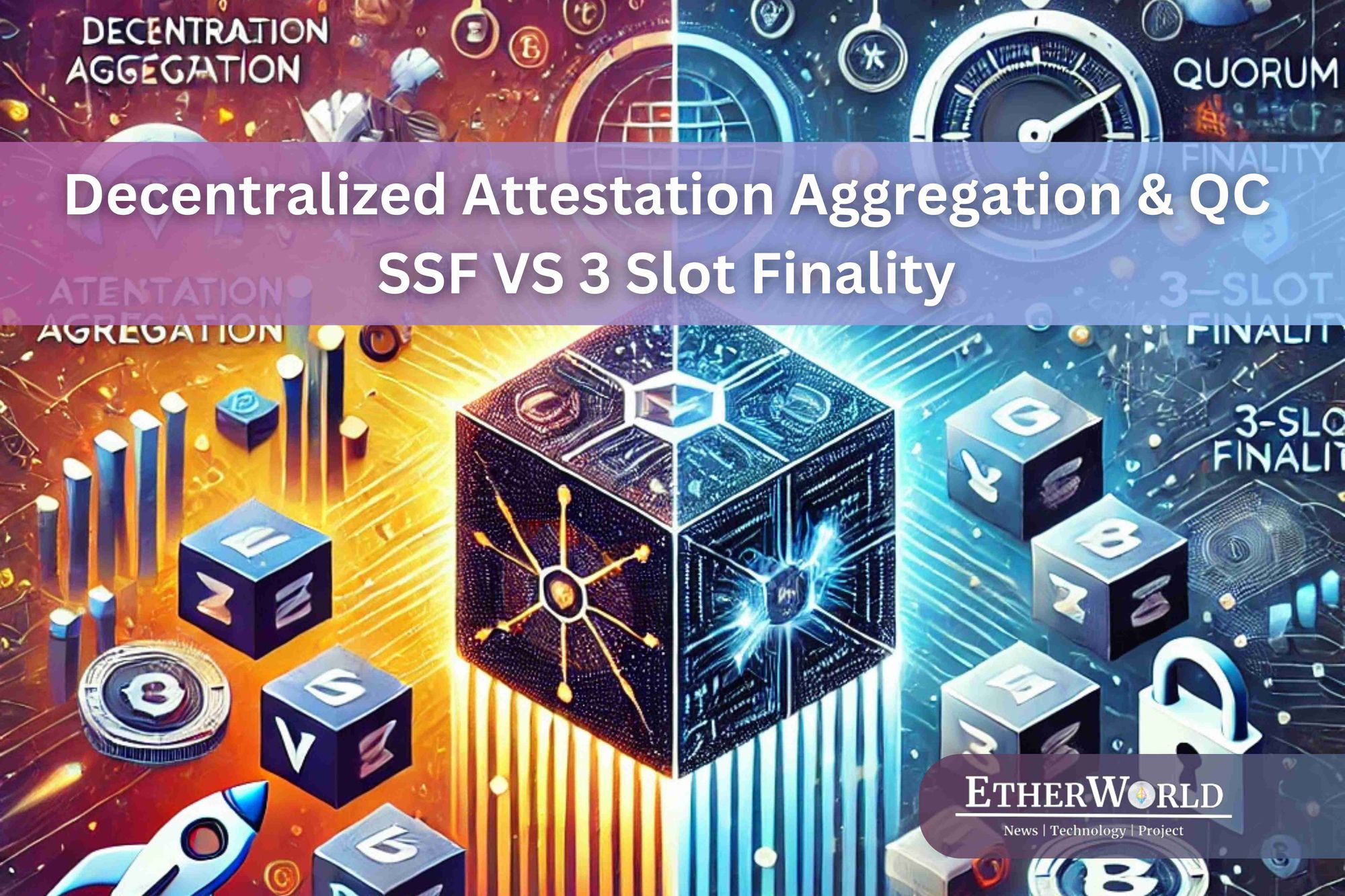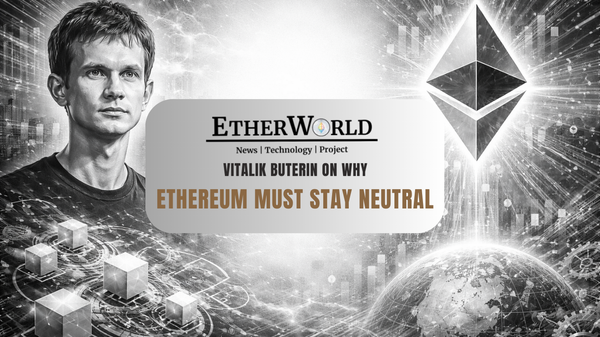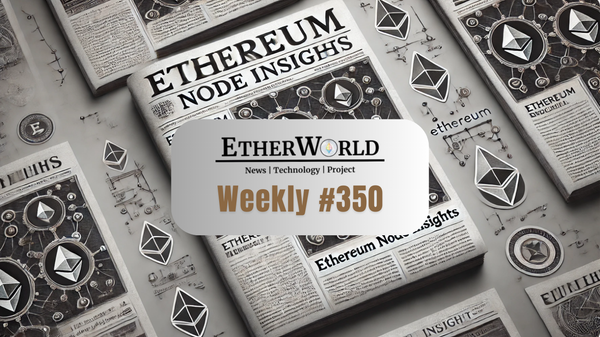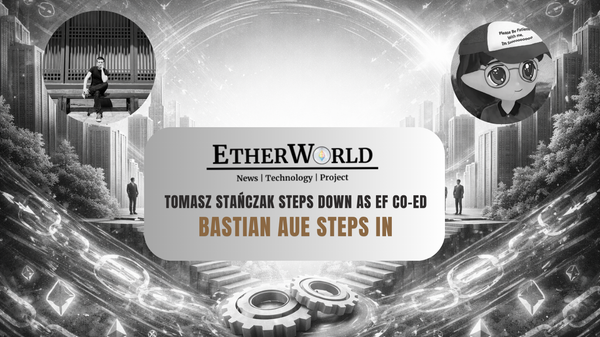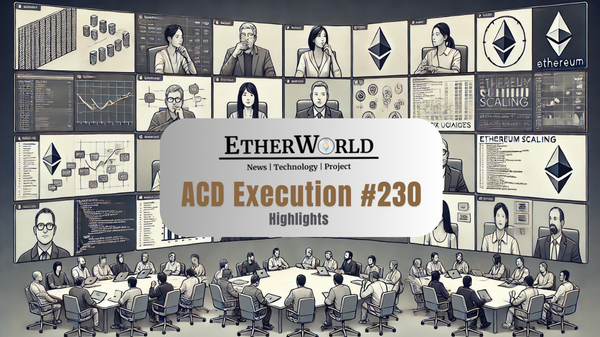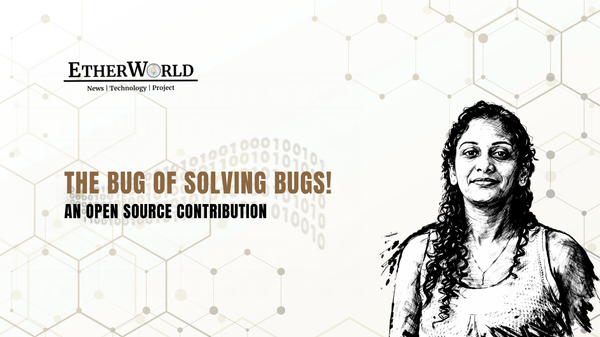Jump to Sections:
- What is Finality in Ethereum?
- Single-Slot Finality (SSF)
- 3-Slot Finality
- Decentralized Attestation Aggregation with Quorum Certification SSF
- Perks & Challenges
- Difference Between the 3 Models With an Example
Imagine you send a transaction on Ethereum, and it gets finalized almost instantly. Sounds incredible, right? That’s the promise of Single-Slot Finality (SSF), a breakthrough that could make Ethereum faster and more efficient. But as with any innovation, there’s more to the story. Let’s learn how Decentralized Attestation Aggregation with Quorum Certification supercharges SSF, its benefits, challenges, and how it compares to the current 3-Slot Finality mechanism—all in a way anyone can understand.
What is Finality in Ethereum?
Finality means your transaction is confirmed and locked in the blockchain forever. Once finalized, it’s practically impossible to reverse. Innovators are pushing the boundaries to achieve faster and safer finality.
Let’s Meet the Three Finality Mechanisms
1. Single-Slot Finality (SSF)
SSF is like a turbocharged engine for Ethereum. Blocks are proposed and finalized within a single slot. It’s fast, making transactions feel instant. But here’s the catch:
- Pressure on Validators: Over a million validators must process attestations in one slot. That’s a lot of data to handle!
- Security Concerns: Rushing can leave room for errors or vulnerabilities if attestations aren’t handled efficiently.
2. 3-Slot Finality
Ethereum’s current mechanism, 3-Slot Finality, takes a more cautious approach:
- Step 1: Validators vote on a block (66% approval gives tentative confirmation).
- Step 2: Another round of voting strengthens the consensus.
- Step 3: The block is finalized after all checks.
This process is slower but safer.
Read here: Understanding 3-Slot Finality: A New Era in Blockchain Consensus
3. Decentralized Attestation Aggregation with Quorum Certification
Now for the exciting new player: Decentralized Attestation Aggregation with Quorum Certification. Here’s how it works:
- Decentralized Attestation Aggregation: Validators organize attestations into groups to process them efficiently. Imagine levels:
- First Level: Combines 32 individual attestations.
- Second Level: Combines 32 first-level groups (1,024 attestations).
- Third Level: Combines 32 second-level groups (32,768 attestations).
- Fourth Level: Combines 32 third-level groups (1,048,576 attestations).
- Quorum Certification (QC): A block is finalized only when two-thirds of validators approve it. This ensures security and rewards validators for participation.
What is Attestaion?
- An attestation is a validator's vote on the state of the blockchain, confirming which blocks they believe are valid. Every validator submits an attestation every 6.4 minutes, signaling their agreement with the chain's progress. It includes details like the block they approve and the current epoch's key blocks, along with a digital signature to verify their participation and agreement.
Why Decentralized Aggregation and QC Are a Big Deal
Here are the perks of this system:
- Blazing Speed: Finalizes blocks almost instantly, making Ethereum transactions feel seamless.
- Inclusivity: All validators contribute, avoiding centralization risks.
- Scalability: Handles over a million validators smoothly, thanks to hierarchical grouping.
- Enhanced Security: Supermajority approval ensures robust protection.
- Reward System: Active validators earn rewards, encouraging participation.
速攻で記事になった。色々問題はありますが、引き続きSSFの研究を進めていきます https://t.co/Po8XcksMxN
— vita (@keccak255) January 13, 2025
Challenges to Keep in Mind
No system is perfect, and this one has its trade-offs:
- Network Pressure: Processing all attestations in a single slot demands a super-efficient network. Delays could lead to issues.
- Complex Implementation: Building and maintaining this system is no small feat.
- Higher Validator Requirements: Might need more computational power, challenging for home-based validators.
A Quick Comparison
| Feature | Single-Slot Finality | 3-Slot Finality | Decentralized Aggregation with QC |
|---|---|---|---|
| Time to Finality | Very fast | Slower | Very fast |
| Validator Participation | Limited by scalability | Small committees | All validators |
| Security | Moderate | High | Very High |
| Scalability | Limited | Moderate | Extremely High |
| Network Efficiency | High pressure | Moderate pressure | Efficient with parallel aggregation |
New post on https://t.co/neli1nzo0Y!
— ethresearchbot (@ethresearchbot) January 12, 2025
Decentralized Attestation Aggregation with Quorum Certification based Single-Slot-Finality
By:
- AmbitionCX
- @keccak255
? https://t.co/3ef7ZUoz3R
Highlights:
- The proposal allows all validators to participate in the aggregation process,…
An Everyday Example: A Playlist Party
Let’s simplify things. Imagine creating a music playlist:
- Single-Slot Finality: Everyone shouts their song suggestions at once. The playlist is finalized immediately but might miss some great picks because of the rush.
- 3-Slot Finality: Suggestions are reviewed in three rounds. It takes longer, but every song is carefully considered.
- Decentralized Aggregation with QC: Suggestions are grouped and reviewed in parallel by teams. The final playlist is ready quickly, includes everyone’s input, and sounds amazing.
Wrapping It Up
Decentralized Attestation Aggregation with Quorum Certification combines the best of both worlds: the speed of SSF and the reliability of 3-Slot Finality. It’s fast, secure, and scalable—a potential game-changer for Ethereum. Of course, challenges like network pressure and complexity remain, but the potential rewards make it an exciting innovation.
What do you think about this approach? Share your thoughts here.
Related Posts
- Understanding 3-Slot Finality: A New Era in Blockchain Consensus
- Non-finality, inactivity leak but Ethereum didn't stop!
- Blockchain beginner's guide
- What is Validator?
- What is a Blockchain Fork?
Disclaimer: The information contained in this website is for general informational purposes only. The content provided on this website, including articles, blog posts, opinions, and analysis related to blockchain technology and cryptocurrencies, is not intended as financial or investment advice. The website and its content should not be relied upon for making financial decisions. Read full disclaimer and privacy Policy.
For Press Releases, project updates and guest posts publishing with us, email to contact@etherworld.co.
Subscribe to EtherWorld YouTube channel for ELI5 content.
Share if you like the content. Donate at avarch.eth
You've something to share with the blockchain community, join us on Discord!


